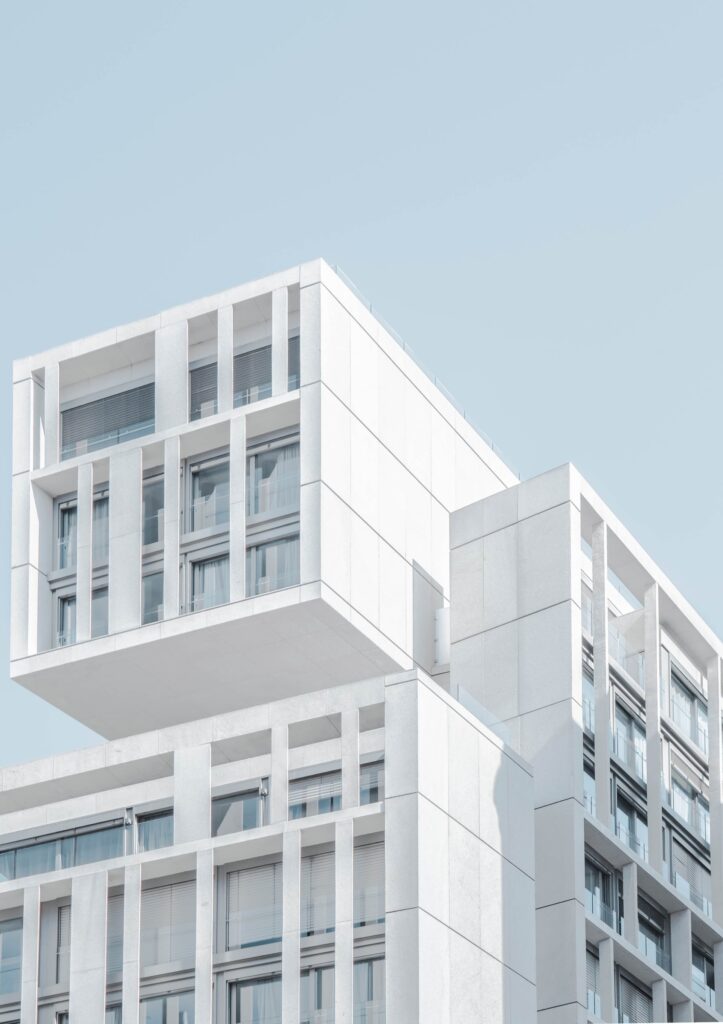
Introduction:
Real estate development plays a significant role in shaping our built environment. In recent years, there has been a growing emphasis on sustainable and efficient practices in the real estate sector. Innovative approaches to real estate development are transforming the industry, promoting environmentally conscious design, energy efficiency, and resource conservation. In this article, Richard Zahn will explore the cutting-edge strategies and technologies that are maximizing sustainability and efficiency in real estate development.
1: Green Building Design and Certification
One of the key innovative approaches to real estate development is the integration of green building design principles and obtaining sustainability certifications. Developers are incorporating sustainable materials, energy-efficient systems, and renewable energy sources into their projects. Certifications such as LEED (Leadership in Energy and Environmental Design) and BREEAM (Building Research Establishment Environmental Assessment Method) provide standards and guidelines for sustainable design and construction practices, ensuring that buildings are energy-efficient, environmentally responsible, and offer healthier indoor environments.
2: Net-Zero Energy Buildings
Net-zero energy buildings are revolutionizing the real estate industry by producing as much energy as they consume. These innovative structures integrate renewable energy systems, energy-efficient insulation, advanced HVAC (heating, ventilation, and air conditioning) technologies, and smart energy management systems. Net-zero energy buildings significantly reduce carbon emissions, minimize energy costs, and contribute to a more sustainable future. Developers are embracing this approach to create sustainable, self-sufficient buildings that lead the way towards a carbon-neutral built environment.
3: Adaptive Reuse and Regeneration
Innovative real estate developers are reimagining existing structures through adaptive reuse and regeneration. Instead of demolishing old buildings, they repurpose them for new uses, preserving their historical and architectural value while minimizing waste and carbon emissions. Adaptive reuse projects breathe new life into abandoned factories, warehouses, and other structures, transforming them into vibrant mixed-use spaces, offices, or residential complexes. This approach reduces the environmental impact of new construction and adds character to urban landscapes.
4: Smart Technology Integration
Smart technology integration is revolutionizing real estate development by optimizing energy usage, enhancing occupant comfort, and improving operational efficiency. Internet of Things (IoT) devices, sensors, and automation systems enable real-time monitoring and control of lighting, temperature, and other building functions. This technology-driven approach maximizes energy efficiency, reduces maintenance costs, and provides personalized experiences for occupants. From smart thermostats and lighting systems to integrated building management platforms, real estate developers are leveraging technology to create intelligent, sustainable buildings.
5: Collaborative and Sustainable Communities
Innovative real estate developers are embracing the concept of collaborative and sustainable communities. They focus not only on individual buildings but also on creating holistic neighborhoods that promote sustainable transportation, green spaces, and social connectivity. Integrated planning considers factors such as walkability, access to public transit, and community engagement. Developers are incorporating sustainable features like urban gardens, shared spaces, and eco-friendly infrastructure to foster a sense of community and enhance residents’ quality of life.
Conclusion:
Innovative approaches to real estate development are driving the industry towards sustainability and efficiency. From green building design and net-zero energy buildings to adaptive reuse, smart technology integration, and collaborative community planning, developers are reshaping the built environment for a more sustainable future. These innovative strategies not only minimize the environmental impact of real estate projects but also enhance energy efficiency, improve occupant comfort, and foster vibrant, resilient communities. As the industry continues to embrace innovative approaches, we move closer to a more sustainable and efficient built environment that benefits both present and future generations.